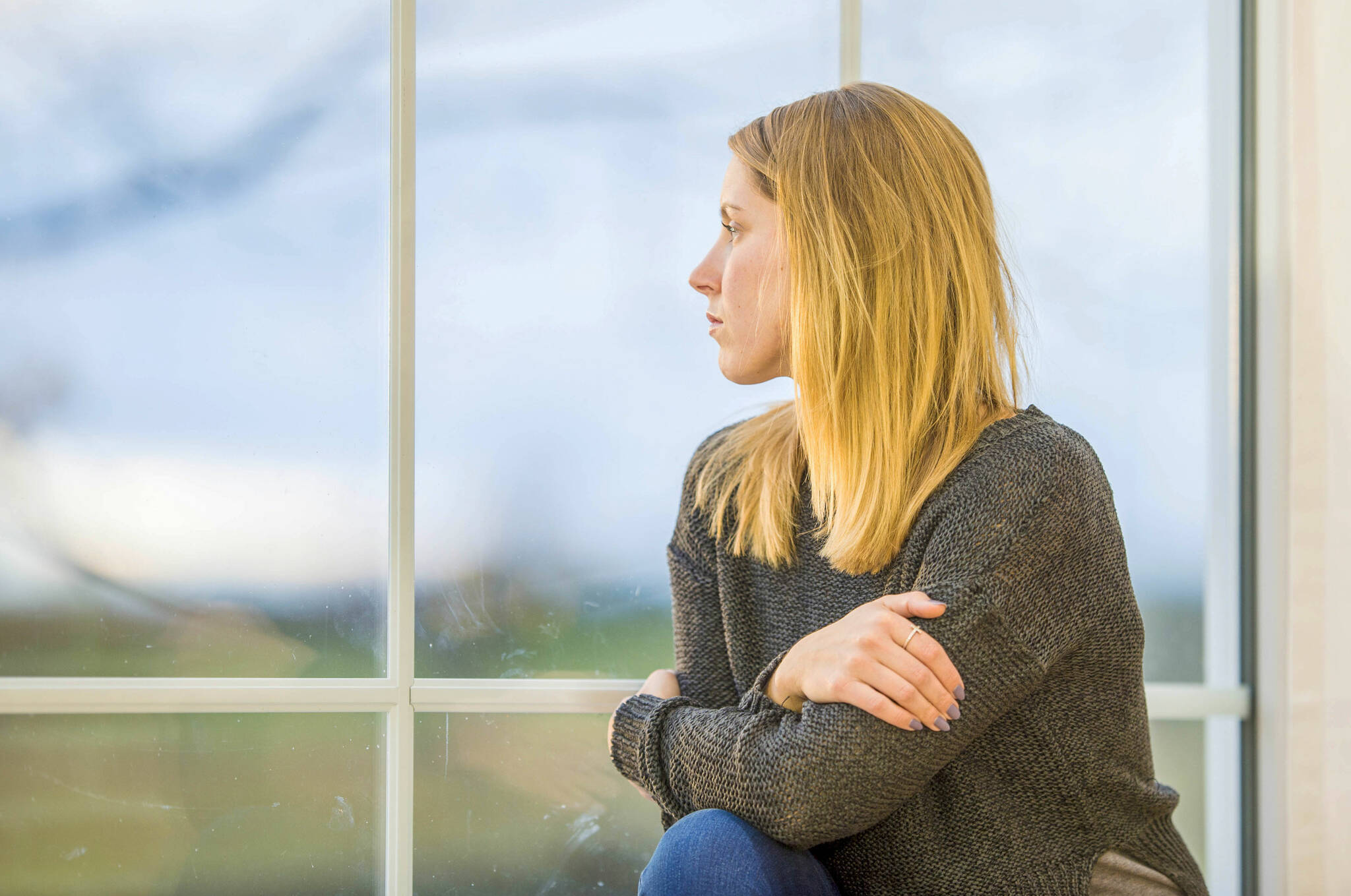A new B.C. pilot study will explore the possible benefits of the drug ketamine to help youth struggling with suicidal ideation.
B.C. Children’s Hospital Research Institute senior executive Dr. Quynh Doan said the goal of the study, which includes a trial, is to find a faster and safer way to help youth in need before they reach the emergency room.
Right now, there is no standardized treatment to help young patients who are taken to the ER after a suicide attempt.
“We see them and assess their safety risk,” Doan said.
“If we can set up a safety plan at home, then the young person goes home and their family watches them like a hawk for the next few days and weeks.”
READ MORE: Some teens turn to cannabis to ease their mental pain. But is there a better way?
While most treatment plans can take weeks to see results, often involving wait times for services or psychotherapies such as antidepressants, Doan has been reviewing other research around North America that looks at ketamine infusions as a method to relieve teens of symptoms in hours.
Ketamine is a dissociative anesthetic that has some hallucinogenic effects.
“If we find that this works and is safe, we could give ketamine to kids who are distressed with acute suicidal thoughts in the emergency department, get them feeling better while resources can be put in place and the psychotherapy or the antidepressants start working,” Doan said in a statement.
READ MORE: Clinic kicks off first U.S. study of LSD, once a ‘public enemy,’ to treat anxiety
Doan’s new study, similar to those in San Diego, Dallas, and Ottawa, will include B.C. Children’s Hospital clinicians enrolling children aged 10 to 16 with suicidal urges.
The goal is to have 96 patients for the pilot, who will be given one of three different treatments – a low dose of ketamine, a placebo or another kind of sedative – and monitored over the coming hours and weeks.
The well-being of the participants is also being measured with three different scales, so that Doan knows which scale will be the most useful in a future, larger iteration of this study.
READ MORE: Queen’s and KHSC to launch clinical trials with psilocybin
She’s planning to lead this next study at 11 locations across Canada.
“If using ketamine works for children and youth with suicidal ideation, it’s going to dramatically improve how we take care of these kids,” Doan said.
“It will change the experience of youth and families dealing with this challenging condition.”
To get the week’s latest must-read stories from the cannabis world direct to your inbox, sign up for our weekly newsletter at canadianevergreen.com. You can also follow us on Facebook, Instagram and Twitter.

